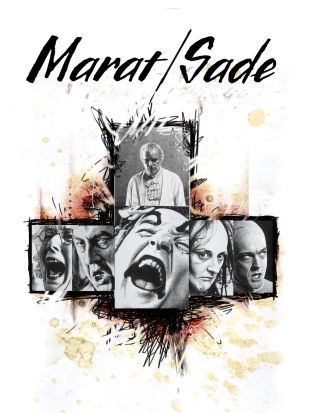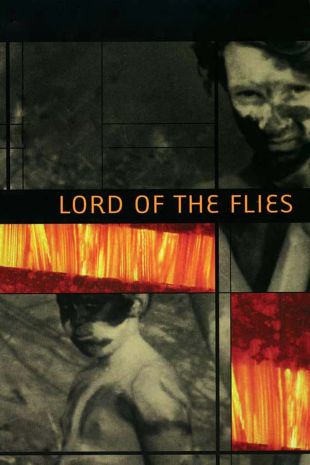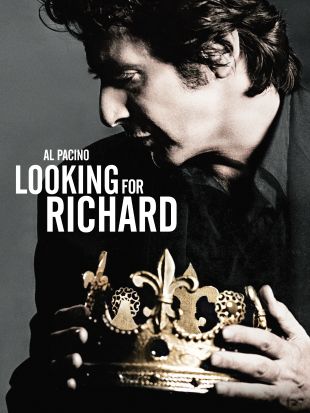Though British director Peter Brook has accumulated an impressive number of film and television credits spanning seven decades, Brook is primarily a director of theatrical productions. Nevertheless, he gained his start with a movie; as an Oxford undergraduate student, Brook directed an amateur adaptation of Laurence Sterne's eighteenth-century novel A Sentimental Journey (1943). Brook did not stage his first theatrical production, Dr. Faustus, until a few months later. Brook established his stage credentials with a legendary 1946 Royal Shakespeare Company production of Love's Labor's Lost, and in 1953 coached the actors for a CBS television production of King Lear starring Orson Welles. Brook's first mainstream film was The Beggar's Opera, a 1953 version of John Gay's satirical Baroque ballad opera starring Laurence Olivier in his singing debut as MacHeath. It would prove Brook's most obviously commercial film production; his next was the Resnais-like 1960 Italian/French co-production Moderato Cantabile, which is like an interior monologue come to life.
Brook's 1963 movie version of Lord of the Flies used William Goldman's allegorical novel as a springboard for a largely improvised and intensely brutal skewering of the British social structure, enacted by a group of non-professional children and filmed with two handheld cameras to create the illusion of spontaneity. It was an international success, and Brook followed this innovative effort with 1967's Marat/Sade, an in-your-face cinematic adaptation of his own Royal Shakespeare Company production of the play by Peter Weiss featuring Glenda Jackson in her film debut. In 1968 Brook also relied on the Royal Shakespeare Company for Tell Me Lies, a scathing condemnation of the Vietnam conflict which nonetheless remains little known, and collected a series of lectures into a book, The Empty Space, which became the unofficial "bible" of post-modern theater directors.
In 1970, Brook founded Paris' International Centre for Theatre Research, which he continues to lead even at this writing (in 2005). In 1971 Brook's film of King Lear, starring his longtime collaborator Paul Scofield appeared, a bold artistic gamble that Brook mostly lost. While it received a New York Critic's Circle Award, King Lear was widely condemned as a pretentious, overlong festival of misery and gore. Devoting most of the 1970s to efforts onstage, Brook turned to his deep interests in Eastern mysticism to fuel his next major filmed projects, a warmly-received film about G.I. Gurdjieff, Meetings with Remarkable Men (1979) and his sprawling adaptation of the eighteen-volumes-long Indian religious epic, The Mahabharata (1989). The original play that served as its basis ran nine hours, for television it was reduced to "mini-series" size at six hours, and in the video version, it runs just over three. The Mahabharata is lengthy, slow and obscure, but stylistically it is masterful and remains one of the most ambitious undertakings of its kind.
In 2002, Brook made something of a comeback with a critically acclaimed, slimmed-down version of The Tragedy of Hamlet made for television, and through an interesting documentary made about him by his son, documentarian Simon Brook, entitled Brook by Brook. Many hold Peter Brook responsible for introducing excess to post-modern theater; outrageous settings, mixed media, the elimination of the "fourth wall," distinguished actors making bizarre entrances in even more bizarre costumes - techniques largely known through their wholesale adoption by far less talented college and regional-theatre directors in America. Peter Brook's domestic reputation as a film director has never truly recovered from the debacle of King Lear. Yet no one can deny the power and intensity of Lord of the Flies, and to a lesser extent Marat/Sade. Peter Brook at least can easily claim the distinction of being among a very few full-time theater directors, such as Bob Fosse, Alan Schneider and Luschino Visconti, to make a lasting and important contribution to the art of film.


